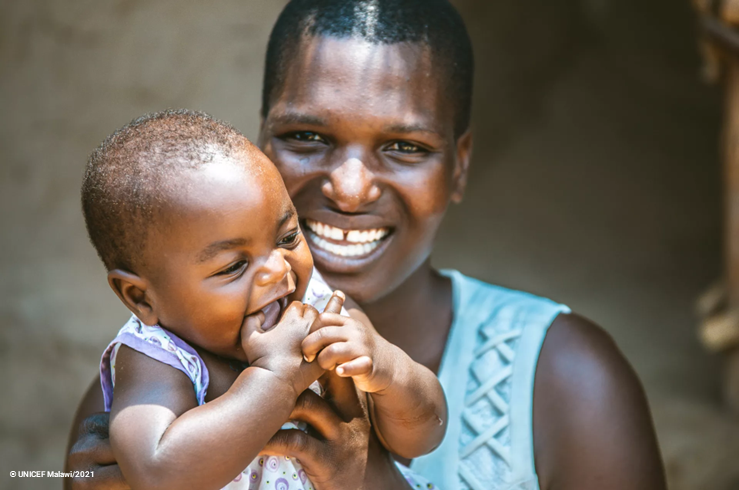
Humanitarian crises across the world are on the rise. Climate change, forced displacement, and armed conflict, among others, continue to threaten the lives of millions. Young children pay the highest price: they lose access to health and education services, their needs are neglected, and they often suffer negative long-term consequences.
In this current reality of complex, interconnected challenges that continue to perpetuate harm to children, business as usual with isolated, small-scale interventions is not going to achieve the progress needed. There is a need to adopt a systems approach to ensure children receive the required support in times of adversity. What are the various factors that influence humanitarian systems ability to provide services that meet the needs of crisis-affected children and families? How can systems thinking help to sustainably provide effective, integrated services? What are the critical coordination mechanisms to ensure timely and effective support?
In this webinar, we’ll explore these questions and learn from the experience of implementing humanitarian services in Cox’s Bazar, Bangladesh. Representatives from leading organizations working at the intersection of early childhood development (ECD) and humanitarian action will discuss how they are elevating early childhood development through a systems lens, as well as the lessons learned. They will also share the lessons they have learned to ensure coordinated and systemic delivery of services in volatile and dynamic contexts.
- Patricia Young, Executive Director, Moving Minds Alliance
- Nour Jarrouj, Senior Engagement and Advocacy Manager, Moving Minds Alliance
- Emily Garin, Senior Director of Advocacy, Sesame Workshop
- María Angélica Benavides Camacho, Coordinator for Early Childhood Development, Inter-agency Network for Education in Emergencies (INEE)
- Members of the Early Childhood Development Working Group, Cox’s Bazar
- Shekufeh Zonji, Global Technical Lead, ECDAN
